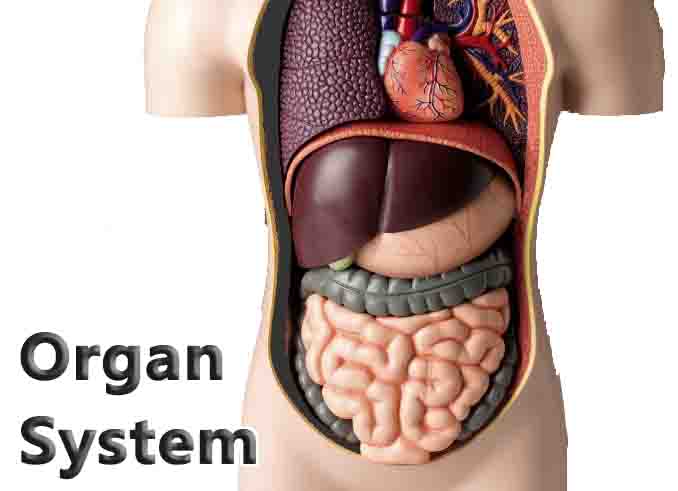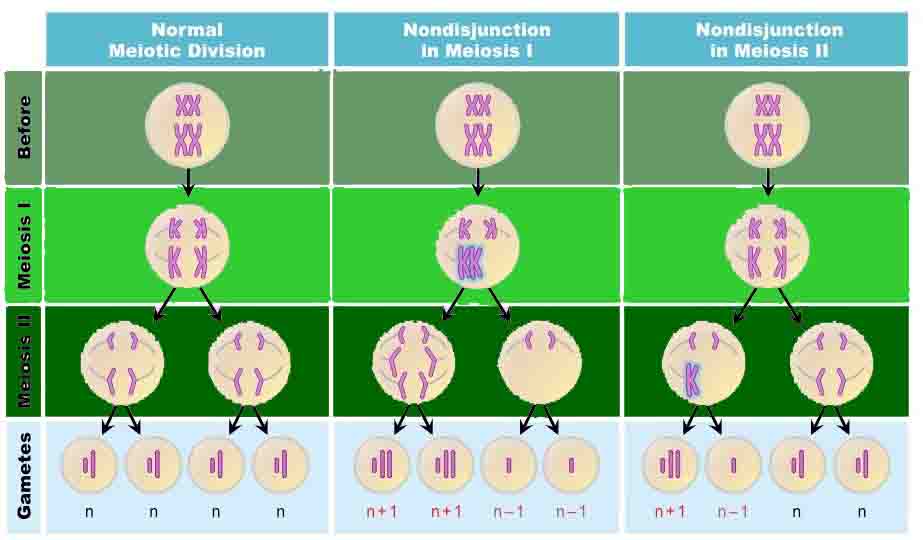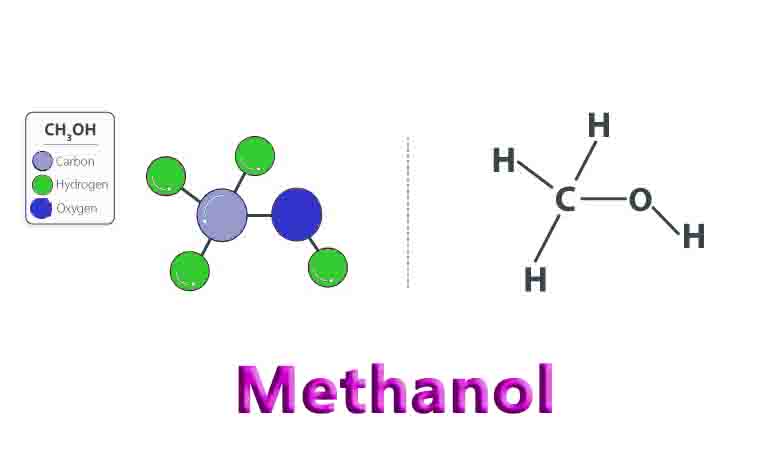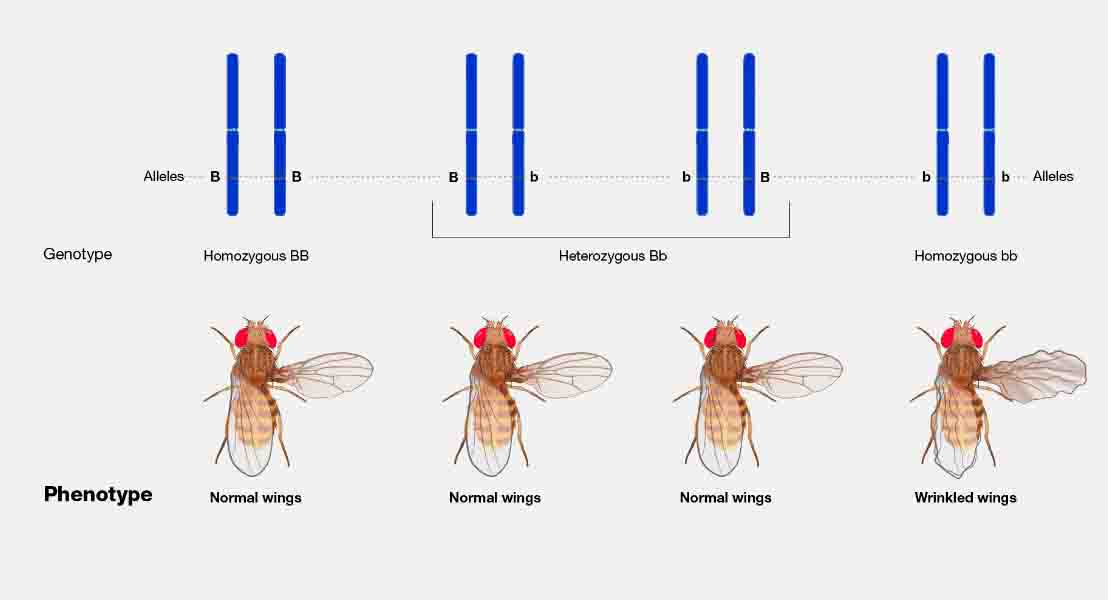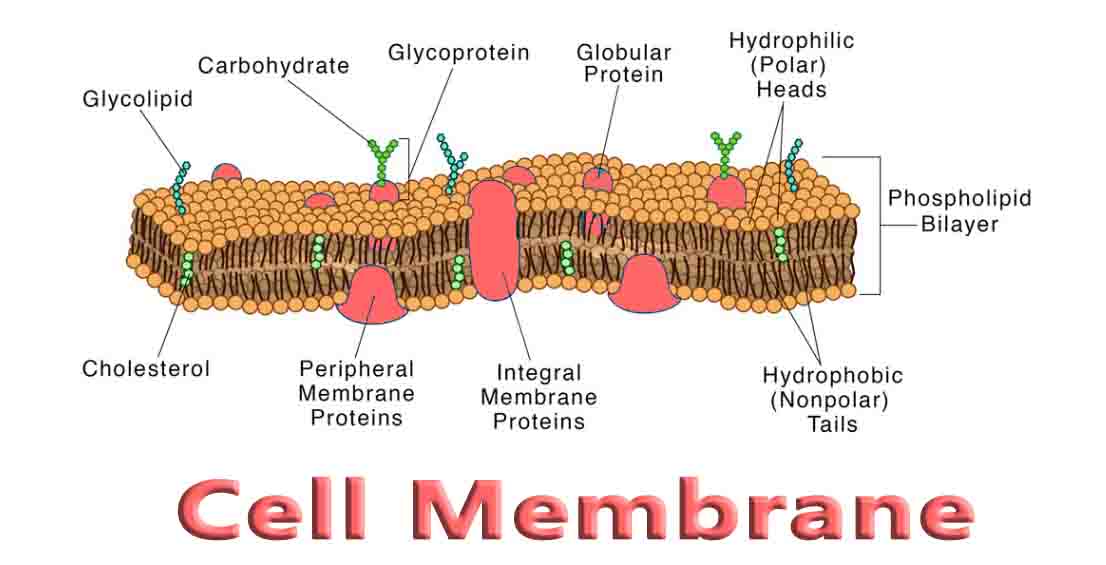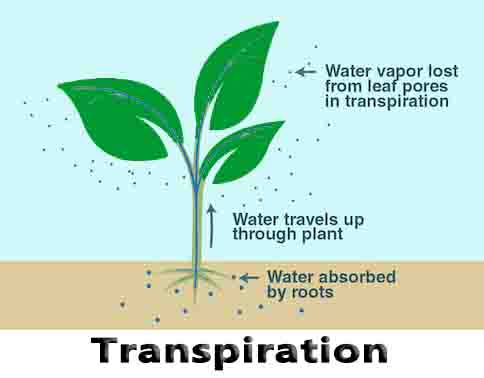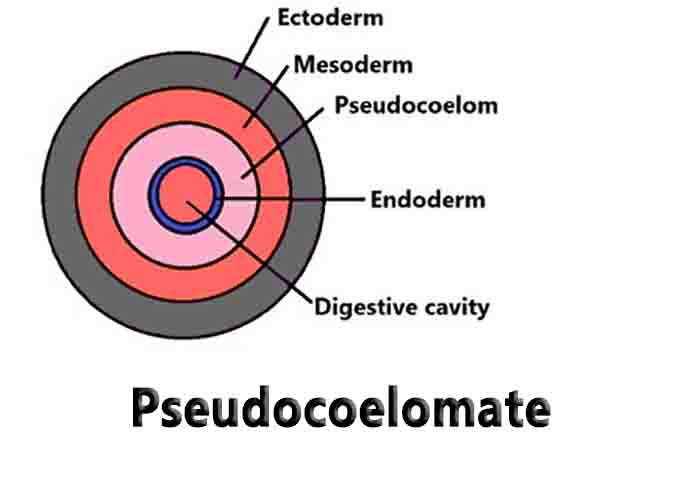Organ System
Organ System Definition An organ system is a group of organs that work together to perform a certain function in an organism’s body. Most animals and plants have organs, which are self-contained groups of tissues such as the heart that work together to perform one function. Humans and other mammals have many organ systems. An … Read more

